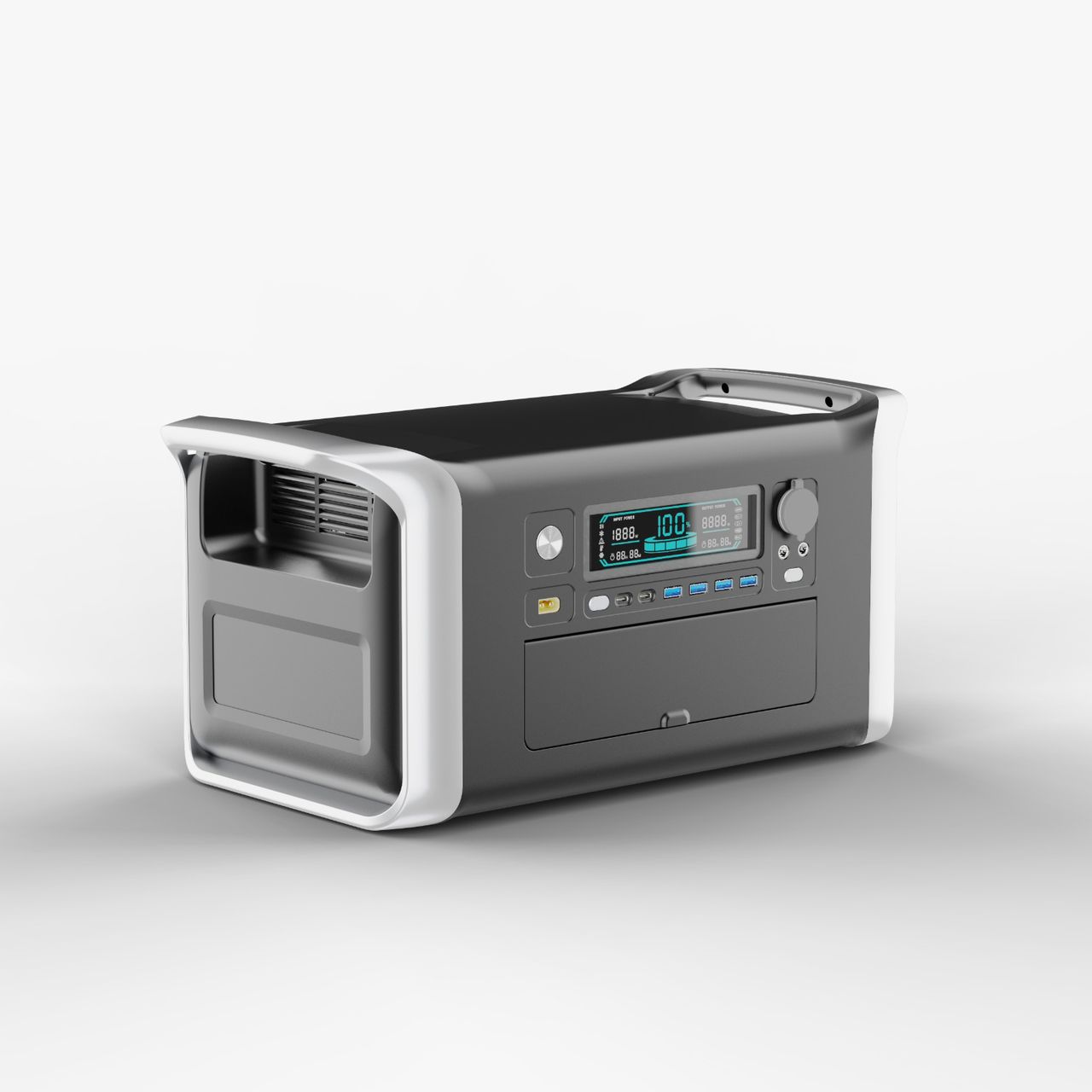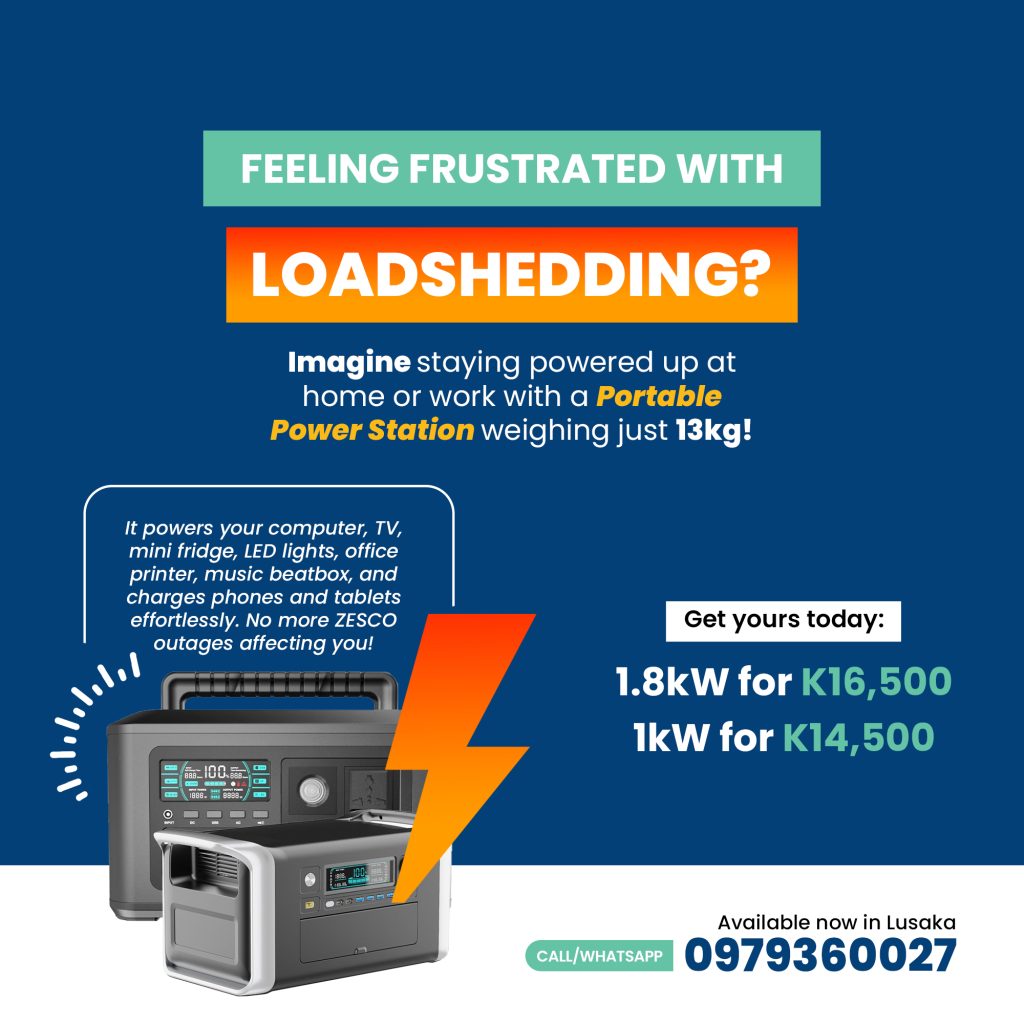EXPLORING ENERGY OPTIONS: THE ZULU FAMILY’S JOURNEY
The Zulu family, residing in the heart of Lusaka, Zambia, embarked on an enlightening journey to find the most cost-effective and sustainable energy source for their home. Faced with the rising costs of electricity and frequent power outages, the Zulus decided to explore three different energy options: diesel generators, grid electricity, and a solar-powered Portable Power Station (PPS). Their goal was to determine which option best suited their needs in terms of cost, reliability, and sustainability.
DIESEL GENERATORS: THE INITIAL CHOICE
Initially, the Zulu family considered using a diesel generator, a common choice for many households in their area. The diesel generator they found was reliable and provided a constant power supply. However, the costs quickly added up. With diesel priced at K31.10 per litre and the generator’s efficiency averaging 3.5 kWh per litre, they calculated the cost per kWh to be around K8.89.
While diesel generators offered a dependable backup during power outages, the high operational costs and environmental concerns made the Zulu family reconsider this option. They realized that relying on diesel was neither sustainable nor economical in the long run.
GRID ELECTRICITY: THE CONVENTIONAL METHOD
Next, the Zulu family evaluated the use of grid electricity. The global average cost of electricity was approximately $0.14 per kWh. With the current exchange rate at 1 USD equaling K27, this translated to about K3.78 per kWh.
Grid electricity seemed like a moderate option in terms of cost. However, the family faced frequent power outages and inconsistent supply, which disrupted their daily lives. Moreover, with the growing demand for electricity and the strain on the national grid, the reliability of this option remained uncertain.

SOLAR POWER: THE SUSTAINABLE SOLUTION
Determined to find a more sustainable and cost-effective solution, the Zulu family turned their attention to solar power. They invested in a Portable Power Station (PPS) with a capacity of 1024 Wh, costing K16500, and a set of solar panels priced at K6000. The total investment amounted to K22500.
The PPS, when fully charged, could store up to 1.024 kWh of energy. With the solar panels generating 500W of power and the sun shining for 10 hours a day, the daily energy production was up to 5 kWh. Over the span of 10 years, the total energy production was calculated to be 18250 kWh. This brought the cost per kWh down to approximately K1.23.
The Zulu family was thrilled to discover that solar power not only provided a reliable and renewable energy source but also significantly reduced their energy costs. The PPS, combined with solar panels, offered a long-term, sustainable solution that aligned with their environmental values.

Embracing the Future
Through their journey, the Zulu family learned valuable lessons about energy options. The high cost and environmental impact of diesel generators made them an unattractive choice. Grid electricity, while moderately priced, lacked reliability. Ultimately, solar power via the PPS emerged as the most cost-effective and sustainable option.
The Zulus decided to fully embrace solar energy, enjoying the peace of mind that came with a steady and eco-friendly power supply. Their story serves as an inspiration to other families in Zambia and beyond, highlighting the benefits of exploring alternative energy sources and making informed choices for a brighter, greener future.

